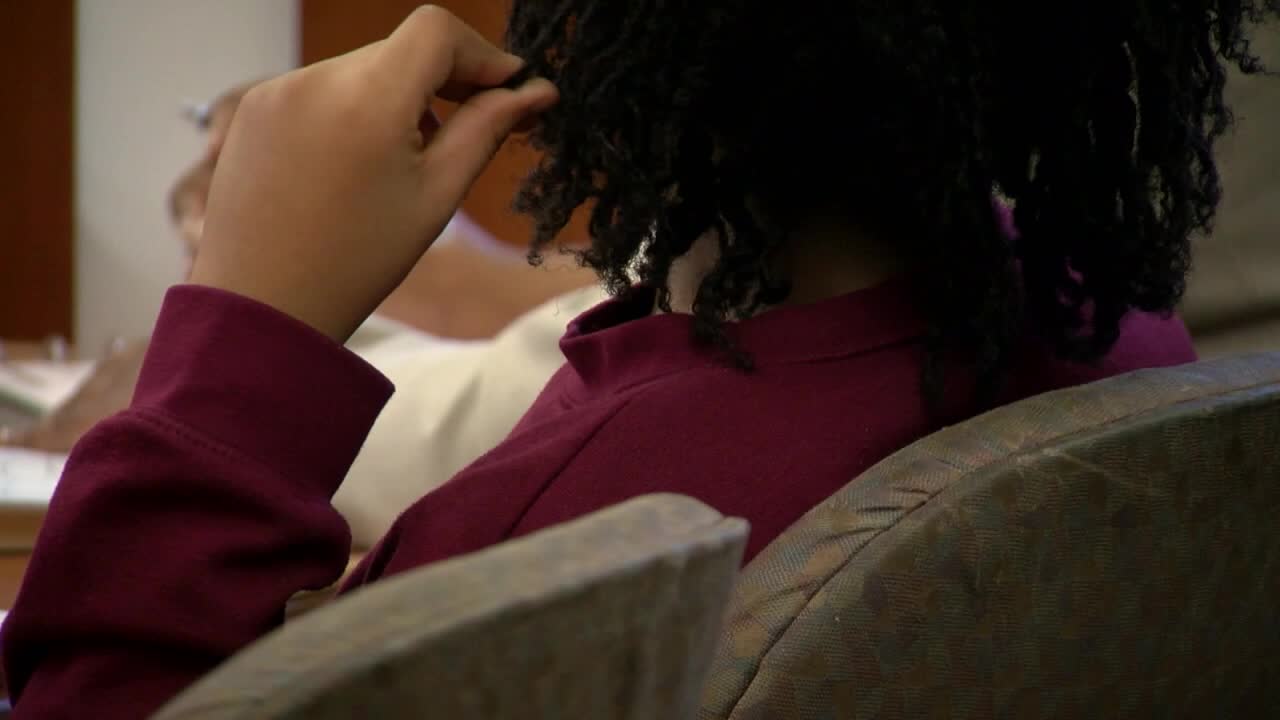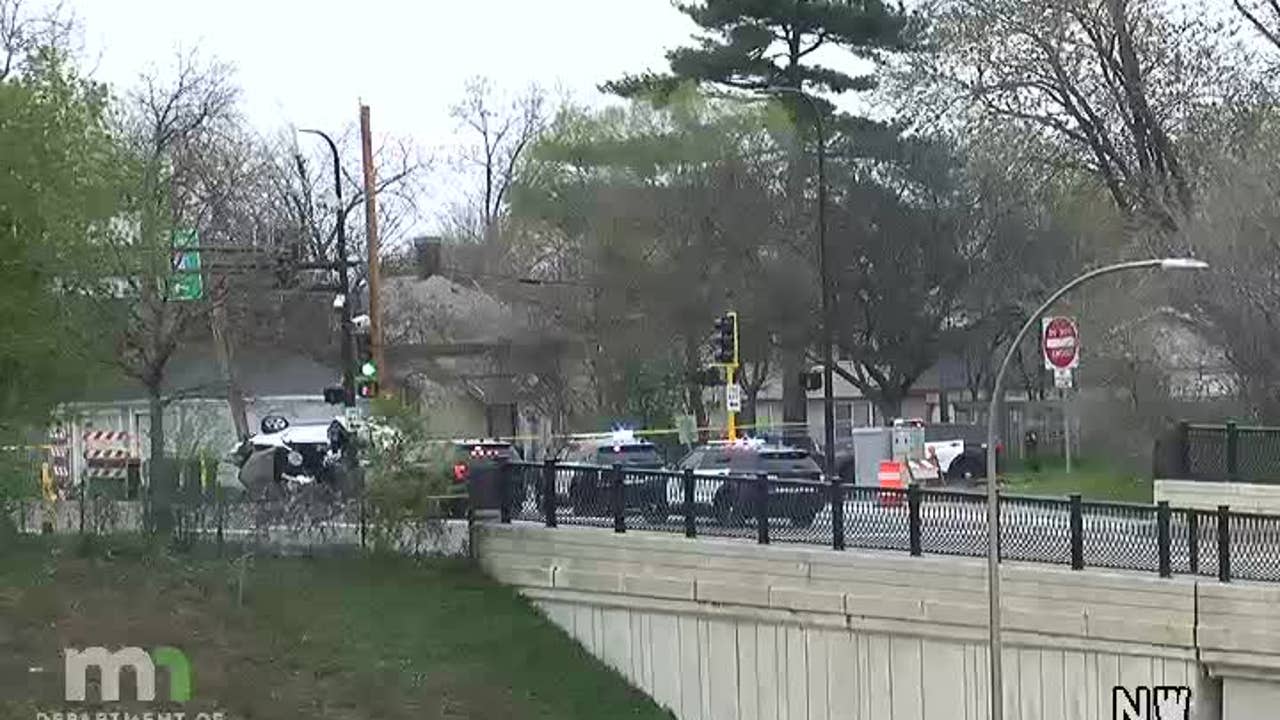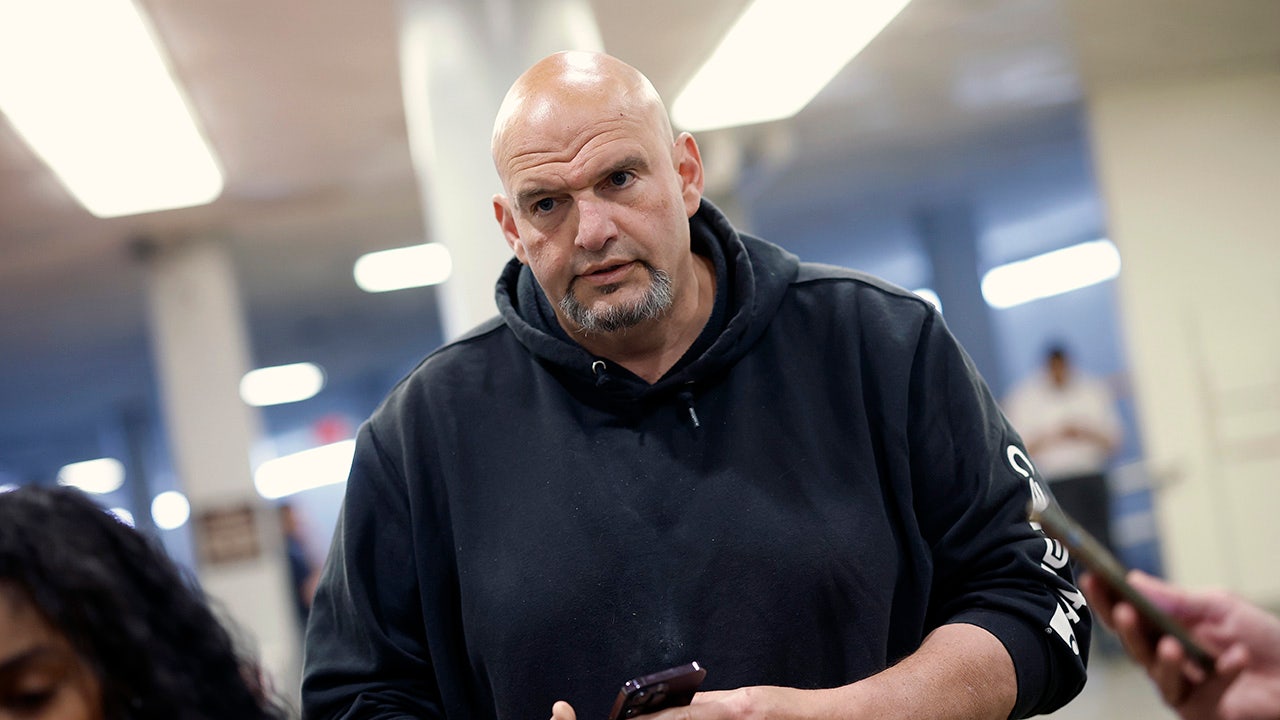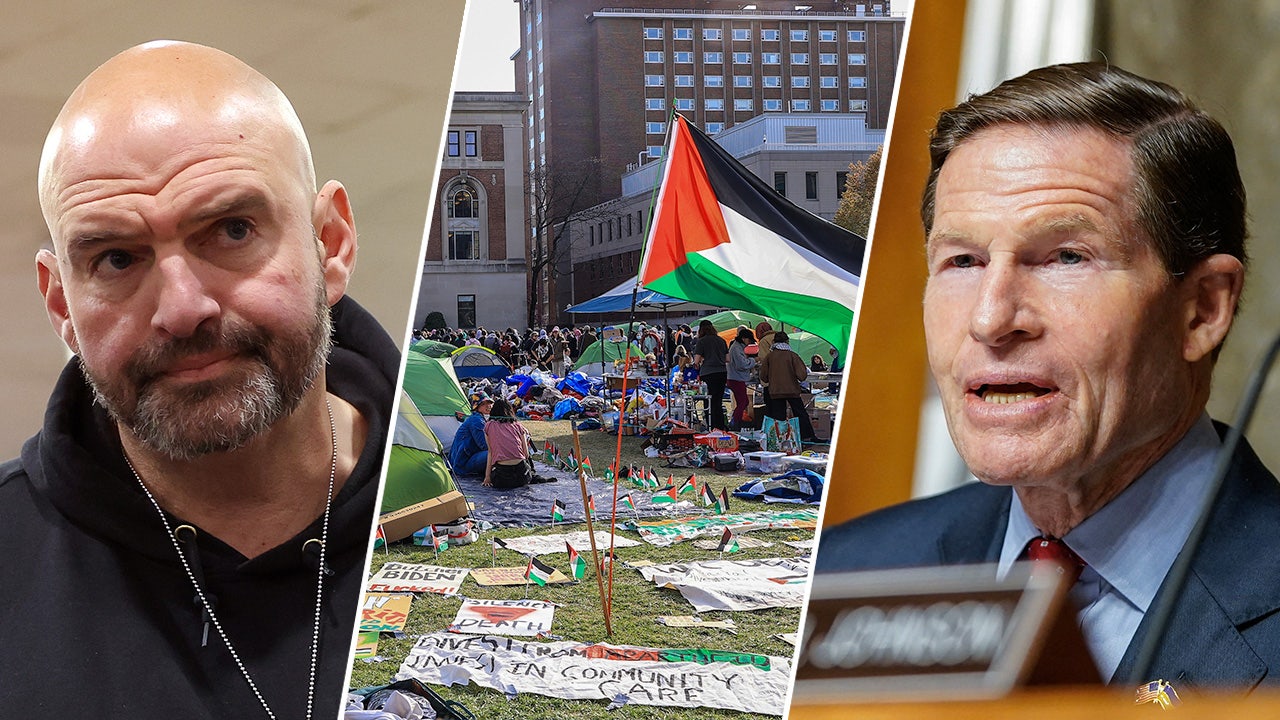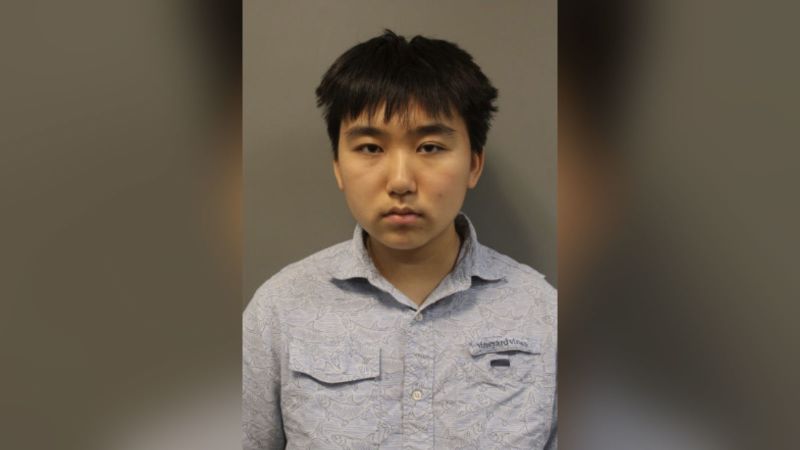World
Breakingviews – Bayer crop spinoff would be tricky but bountiful
/cloudfront-us-east-2.images.arcpublishing.com/reuters/4QCQA36R4FKYDJYBZPOHKEKXT4.jpg)
LONDON, July 10 (Reuters Breakingviews) – Bayer’s (BAYGn.DE) new CEO may be considering some valuable crop rotation. The 49 billion euro seed-to-drug maker’s shares rallied 3% on Monday after a Friday report by German news service Platow Brief said the company may spin off its troubled crop science division. For new boss Bill Anderson, the numbers certainly work. Bayer’s component parts, valued separately on peer multiples, would have a total equity value of 96 billion euros, Breakingviews calculated in February, or almost double the group’s current market capitalisation. Admittedly crop-science rival Corteva (CTVA.N) has dropped since then, but not enough to change the overall logic.
There are a few challenges with a breakup. The crop science division was born of Bayer’s disastrous takeover of Monsanto in 2018, and the German conglomerate is still grappling with lawsuits alleging that its weedkiller caused cancer. But there is a handy workaround. If it offloads the crop science division, Bayer could indemnify the new owners against the cost of future litigation up to a certain point. Anderson also needs to consider how he will fund future drug discoveries at the pharmaceutical business, which would remain after a spinoff. Currently, the crop science division throws off a lot of the combined company’s cash. But that’s no reason to hold off, given the amount of value that could be created for shareholders. (By Aimee Donnellan)
(The author is a Reuters Breakingviews columnist. The opinions expressed are their own.)
Follow @Breakingviews on Twitter
Capital Calls – More concise insights on global finance:
Thames rescue looks far from watertight read more
China car price truce skids off road at first bend read more
US job market’s shifting balance read more
UK bank’s 25% drop adds further investor wildcard read more
JetBlue’s Spirit sacrifice read more
Editing by Liam Proud and Pranav Kiran
Our Standards: The Thomson Reuters Trust Principles.
Opinions expressed are those of the author. They do not reflect the views of Reuters News, which, under the Trust Principles, is committed to integrity, independence, and freedom from bias.

World
Biden to Speak at White House Correspondents' Dinner, Protests Planned
World
Putin likely didn’t intend for Navalny to die in February, US intelligence agencies assess: report
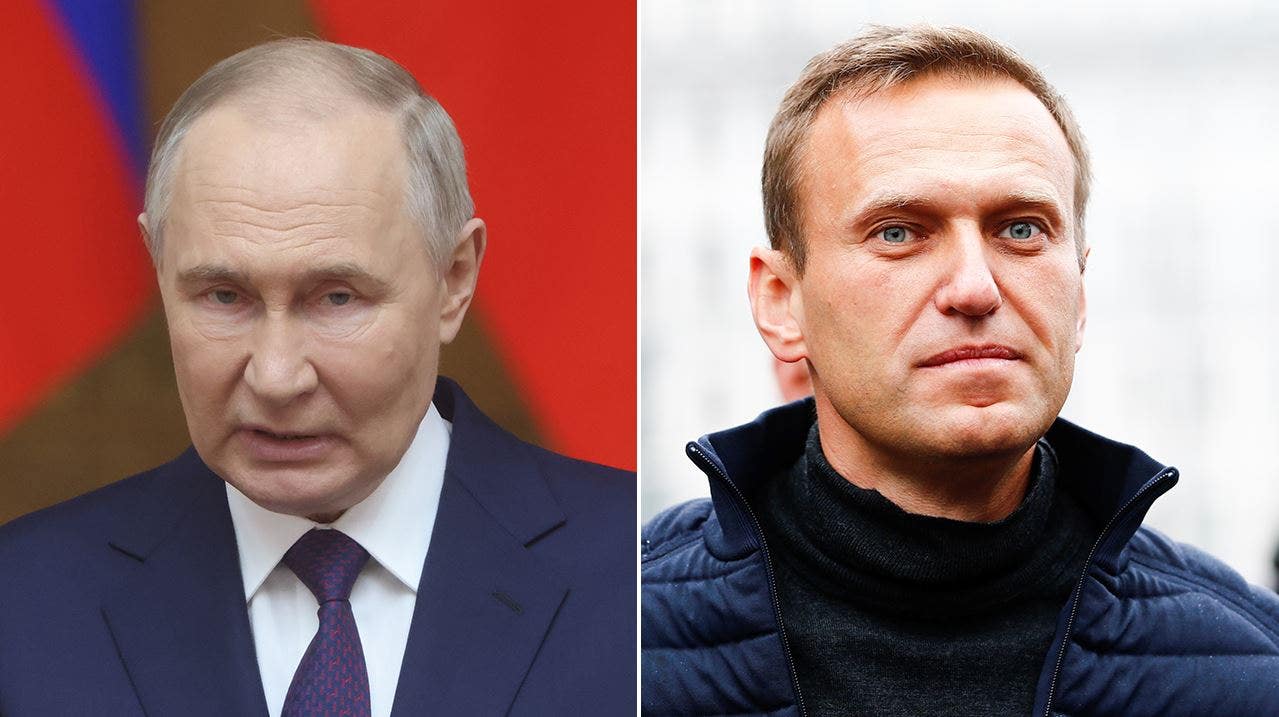
Trump: Putin ‘probably’ involved in Navalny’s death
Former President Donald Trump joins ‘MediaBuzz’ for an exclusive interview on clinching the Republican nomination, the sudden death of Russian opposition leader Alexei Navalny and his language choices on illegal immigrants.
Russian President Vladimir Putin likely didn’t order the death of opposition leader Alexei Navalny when the 47-year-old collapsed and died in February at an Arctic penal colony, U.S. intelligence agencies have concluded, according to a report.
While the U.S. has concluded that the Kremlin attempted to kill Navalny in 2020, when he was poisoned by a Soviet-era Novichok nerve agent, and Putin has culpability in his death earlier this year, agencies like the CIA, the Office of the Director of National Intelligence, and the State Department have assessed that Putin likely wouldn’t have wanted him killed at that moment, according to the Wall Street Journal citing people familiar with the matter.
One factor among many in the assessment was that Navalny’s death when he collapsed after a walk at the prison overshadowed Putin’s reelection, sources told the Journal.
The U.S. increased sanctions on Russia after Navalny’s death. “Make no mistake. Putin is responsible for Navalny’s death,” President Biden said earlier this year.
A WINDOW INTO ALEXEI NAVALNY’S MIND BEFORE HIS DEATH
Russian President Vladimir Putin likely didn’t order the death of opposition leader Alexei Navalny when the 47-year-old collapsed and died in February at an Arctic penal colony, U.S. intelligence agencies have concluded, according to the report. (Contributor/Getty Images/Sefa Karacan/Anadolu Agency via Getty Images)
Former President Trump told Fox News in March that he thought Putin was “probably” to blame for Navalny’s death after “Media Buzz” host Howard Kurtz asked him if he thought the 71-year-old leader bore “some responsibility.”
“I don’t know, but perhaps, I mean possibly, I could say probably, I don’t know,” Trump said. “He’s a young man, so statistically he’d be alive for a long time … so something happened that was unusual,”
Navalny had been in prison since 2021, after he returned to Russia from Germany where he had been in a hospital recovering from his poisoning.
ALEXEI NAVALNY’S DEATH REPRESENTS MAJOR BLOW TO POLITICAL DISSENT IN RUSSIA
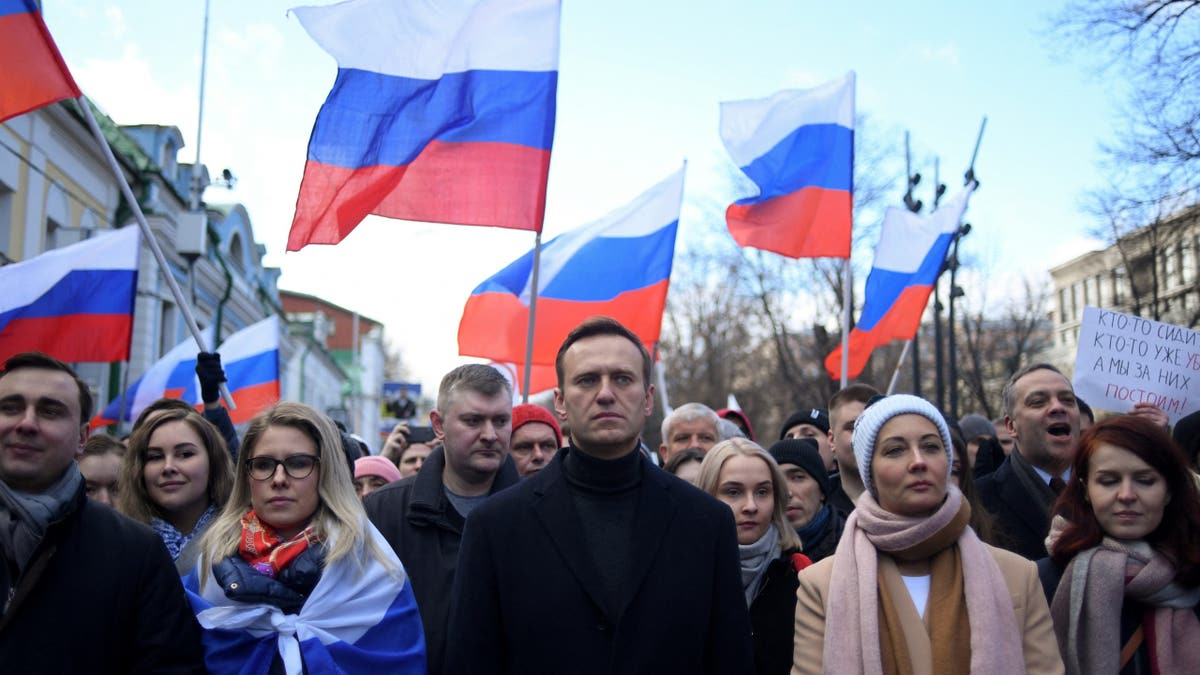
Alexei Navalny, center, was allegedly poisoned by the Kremlin in 2020. After he recovered in Germany, he returned to Russia and was jailed in 2021. (Kirill Kudryavtsev/AFP via Getty Images)
After his death, the Federal Penitentiary Service of the Yamalo-Nenets Autonomous District in Russia put out a statement that said: “On Feb. 16, 2024, in penal colony number 3, convict Navalny A.A. felt unwell after a walk, almost immediately losing consciousness.
“The medical staff of the institution arrived immediately, and an ambulance team was called. All necessary resuscitation measures were carried out, which did not give positive results. Doctors of the ambulance stated the death of the convict. The causes of death are being established.”
His cause of death has not been determined by the U.S. Russian media reports have claimed it was a blood clot.
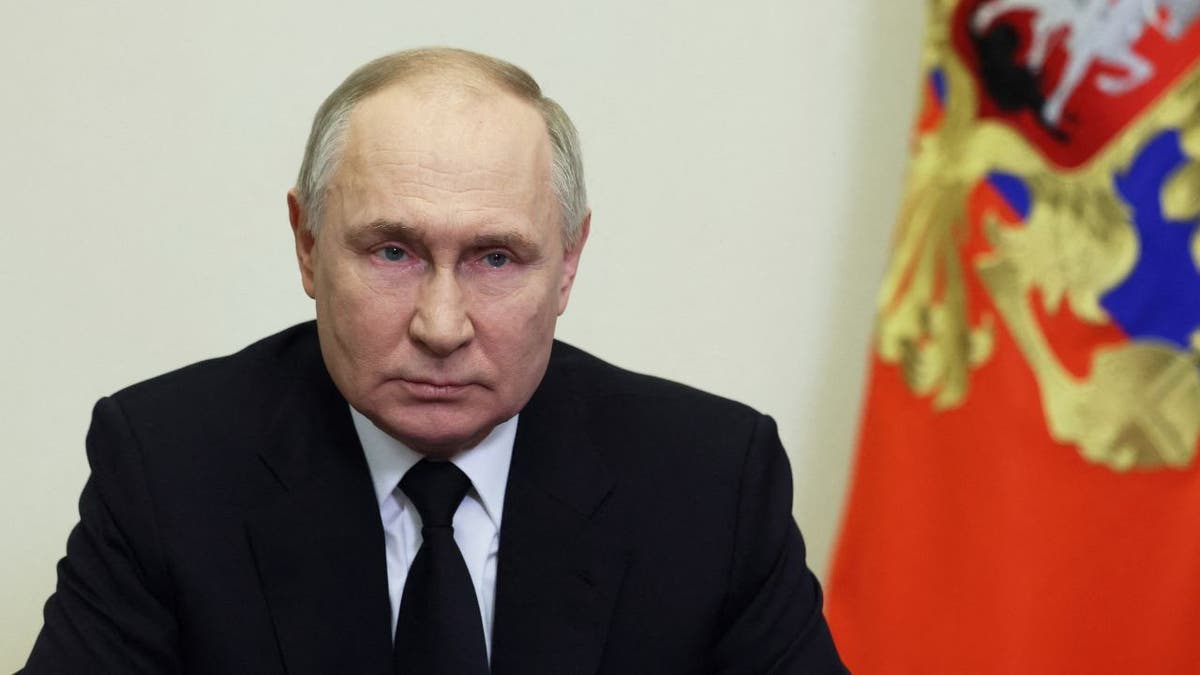
Navalny was Putin’s most prominent opposition leader in Russia. (Mikhail Metzel/Pool/AFP via Getty Images))
Navalny’s allies have called the U.S. assessment naive, and some European countries are skeptical that it wouldn’t have been directed by Putin.
Navalny’s ally Leonid Volkov said in a statement that anyone claiming Putin didn’t order his death, “clearly do not understand anything about how modern day Russia runs. The idea of Putin being not informed and not approving killing Navalny is ridiculous.”
Slawomir Dębski, of the Polish Institute of International Affairs, said the chances of Navalny’s death being unintentional were small.
“Navalny was a high-value prisoner, politically, and everybody knew that Putin was personally invested in his fate,” he said, according to the Journal. “The chances for this kind of unintended death are low.”
Navalny’s Anti-Corruption Foundation has also said that Putin ordered his death to prevent his release in a potential prisoner swap with the U.S. Putin said in March that the two agreed to the swap.
World
Ireland looking to send asylum seekers back to UK: Report
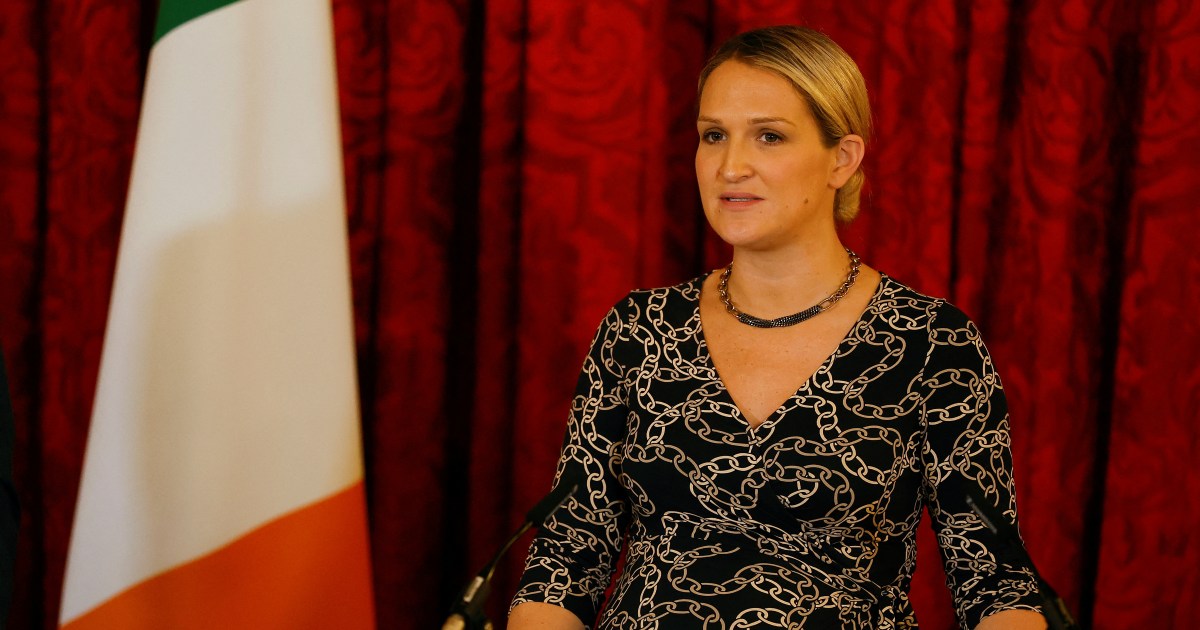
UK Prime Minister Rishi Sunak says it’s evidence that his plan to send asylum seekers to Rwanda is acting as a deterrent.
The Republic of Ireland is looking to amend the law to allow the return of asylum seekers to the United Kingdom, according to broadcaster RTE, after an influx over the border with Northern Ireland, which is part of the UK.
Dublin’s Minister of Justice Helen McEntee, who will visit London on Monday, told a parliamentary committee this week that she estimates 80 percent of those applying for asylum in the republic came over the land border with Northern Ireland.
UK Prime Minister Rishi Sunak told Sky News it was evidence that London’s plan to send asylum seekers to Rwanda is acting as a deterrent.
“What it shows, I think, is that the deterrent is … already having an impact because people are worried about coming here,” he said.
In response, a spokesperson for Ireland’s Prime Minister Simon Harris said the leader “does not comment on the migration policies of any other country but he is very clear about the importance of protecting the integrity of the migration system in Ireland”, RTE reported.
“Ireland has a rules-based system that must always be applied firmly and fairly,” Harris also said.
The spokesperson added that the Irish PM had asked his justice minister “to bring proposals to cabinet next week to amend existing law regarding the designation of safe ‘third countries’ and allowing the return of inadmissible International Protection applicants to the UK”.
McEntee is expected to discuss a new returns policy when she meets British Home Secretary James Cleverly in London on Monday.
“That’s why I’m introducing fast processing, that’s why I’ll have emergency legislation at cabinet this week to make sure that we can effectively return people to the UK and that’s why I’ll be meeting with the home secretary to raise these issues on Monday,” she told RTE.
Ireland had previously designated the UK a “safe third country” to return asylum seekers to, but last month the Irish high court ruled that this breached European Union law, stopping the process.
The UK’s Rwanda bill cleared its final parliamentary hurdle last Monday after a marathon tussle between the upper and lower chambers of parliament.
Sunak hopes the bill will prevent asylum seekers from trying to enter the UK on small boats over the English Channel from northern Europe.
-

 Kentucky1 week ago
Kentucky1 week agoKentucky first lady visits Fort Knox schools in honor of Month of the Military Child
-

 Movie Reviews1 week ago
Movie Reviews1 week agoFilm Review: Challengers – The Knockturnal
-
News1 week ago
Maryland high school student arrested after authorities discovered a 129-page document detailing school shooting plan, police say | CNN
-

 World1 week ago
World1 week agoIranian media says three drones downed after explosions heard in Isfahan
-

 World1 week ago
World1 week agoShipping firms plead for UN help amid escalating Middle East conflict
-

 News1 week ago
News1 week agoVideo: Kennedy Family Endorses President Biden
-
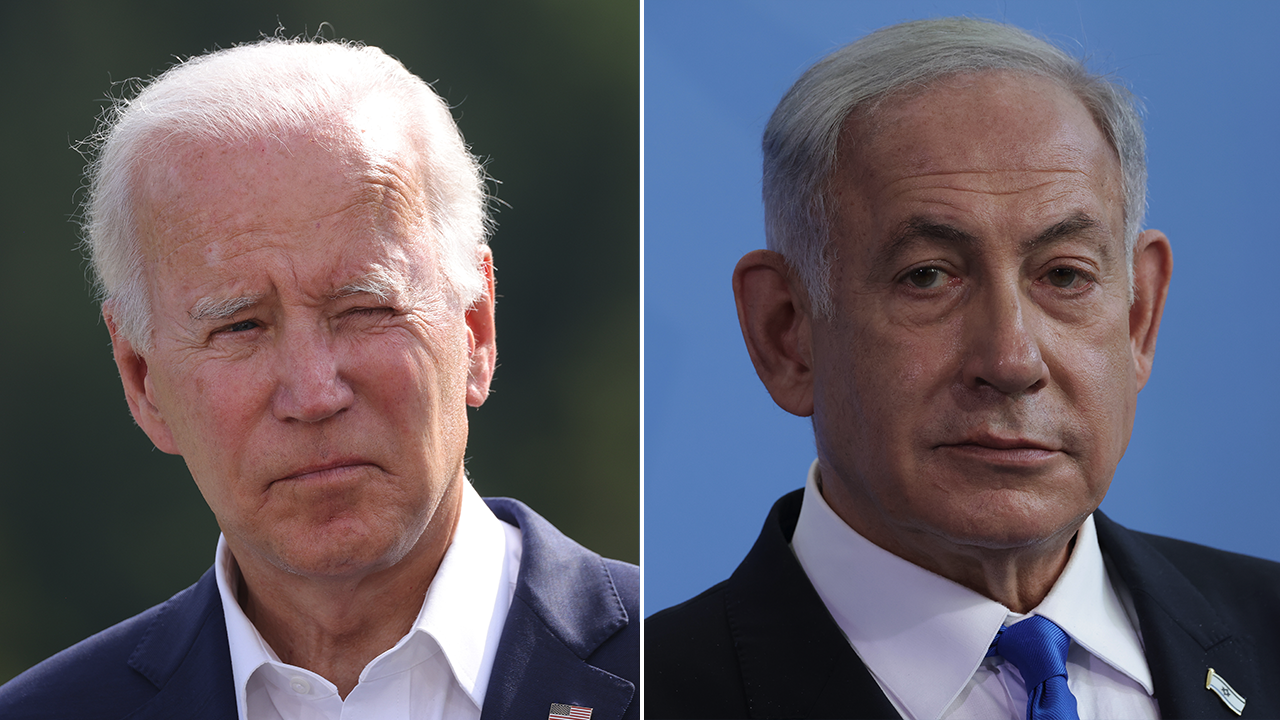
 Politics1 week ago
Politics1 week agoIsrael hits Iran with 'limited' strikes despite White House opposition
-

 News1 week ago
News1 week agoThe San Francisco Zoo will receive a pair of pandas from China
